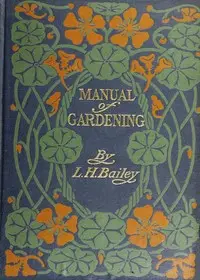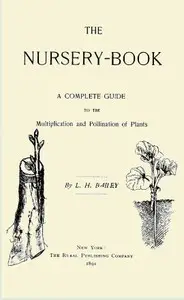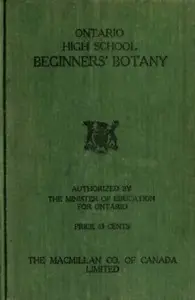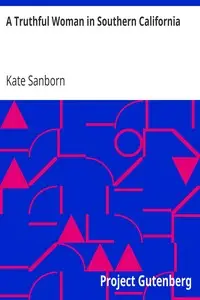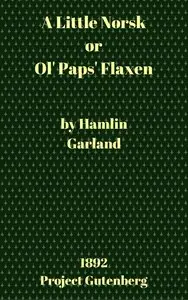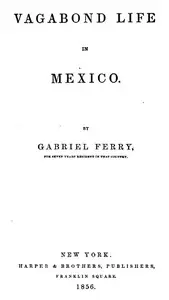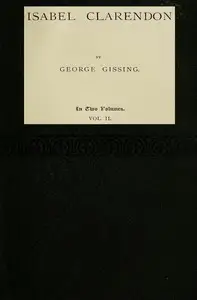"The Country-Life Movement in the United States" by L.H. Bailey is a historical account written in the early 20th century. The book explores the evolution and significance of the country-life movement, highlighting its aim to enhance rural civilization to match the advancements of urban life. It distinguishes the movement from the “back-to-the-land” agitation, emphasizing a focus on improving conditions for those already living in rural areas rather than just a call for urbanites to move to the countryside. The opening of the book introduces the country-life movement as a grassroots effort aimed at addressing the disparities between rural and urban life in America. It begins by clearly differentiating this movement from the back-to-the-land movement, noting that the former is not merely about relocating people from cities to the countryside but is concerned with the existing rural populace's needs and aspirations. Bailey outlines the importance of rural civilization and emphasizes that while agriculture is foundational, broader social, educational, and economic reforms are essential for achieving a modern and effective rural society. Overall, the introduction sets the stage for a deeper exploration of the complex challenges facing rural America and the potential solutions that could lead to sustainable prosperity and improved quality of life in the countryside. (This is an automatically generated summary.)

The Country-Life Movement in the United States
By L. H. (Liberty Hyde) Bailey
"The Country-Life Movement in the United States" by L.H. Bailey is a historical account written in the early 20th century. The book explores the evolu...
Genres
Released
2012-07-10
Formats
epub (images)
epub
mobi (images)
mobi
epub3 (images)
Free Download
Overview
About the Author
Liberty Hyde Bailey was an American horticulturist and reformer of rural life. He was cofounder of the American Society for Horticultural Science. As an energetic reformer during the Progressive Era, he was instrumental in starting agricultural extension services, the 4-H movement, the nature study movement, parcel post and rural electrification. He was considered the father of rural sociology and rural journalism.
Total Reviews
10.0k
Total reviews from Goodreads may change

